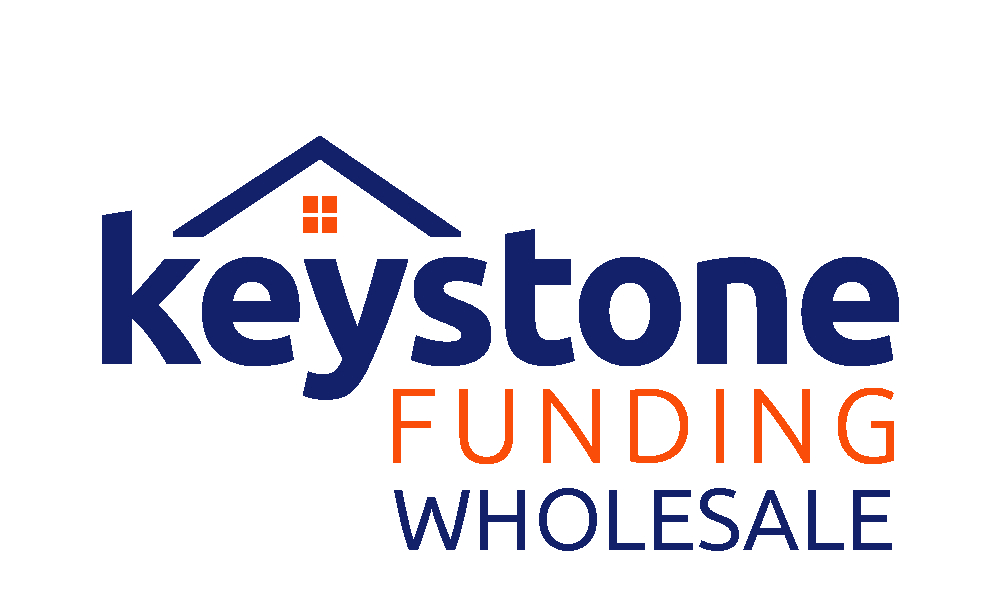You can start here: NMLS Resource Center.
Create a Business Plan. Consider including:
a) Sample pro-forma
b) Start-up costs
c) Marketing plan
d) Operation plan
attorney and financial planner for advice.
requirements (See Step 1)
*Not required if Sole Proprietor.
a) Business Plan
b) Surety Bonds
c) Compliance Policies
Additional Considerations
A few additional things to consider:
a. A loan Origination System – As a mortgage broker, you will not need fancy system to originate loan, and some systems are
free at the broker level. Do your research, ask around, and make sure you can live with your decision.
b. Credit Reporting Vendor – You will need to set up an account with a credit reporting vendor. Ask your lender and your rep
for your LOS for a few suggestions of credit providers. Make sure your credit vendor is approved by Fannie Mae. A Google
search of Fannie Mae Approved credit vendors will get you to their approved list.
c. Document Vendor – As a broker you will need to send some disclosures based on the states you are doing business. Find a
vendor who works directly with your LOS (in the event your LOS does not handle disclosures).
d. Mortgage Call Reports – These are very easy to complete, the hardest part is to remember to do them. Put a reminder on
your calendar for the beginning of each quarter to ensure you get these done.
e. Meet with your State Bank Examiner – They are there to help and want to see you succeed in a compliant way. Review your
plan with them, ask them what reoccurring issues they see in their audit of brokers, and what you need to know to ensure you
successfully pass all your state audits.
More about creating a Business Plan
a. Business Plan –Make sure you plan is succinct and to the point, while this is an exciting time, the point of the plan is for the
regulators to ensure you’ve thought though opening a business and that you will be and remain compliant.
b. Sample Pro Forma – Use this to calculate your monthly income and expenses to determine the profitability of your venture.
Mortgage Brokerages can be extremely lucrative, significantly more so than Retail mortgage lending, but you will need to
consider your costs, volume and revenues before moving forward to ensure a Mortgage Brokerage is for you. If you have
questions or would like a template, please reach out to Keystone Funding at Tparet@keystonefunding.com
c. Start Up Costs – What will you need before you are licensed, on day 1, and the time period until you close your first loan.
i. 30 days of salaries for you and your operations team
ii. Licensing Costs
iii. Professional Fees like accounting and legal
iv. Rent, security deposits, and furniture
v. The cost to obtain or develop your compliance policies
d. Marketing Plan – If you are considering opening a brokerage, you likely understand how to market yourself. Provide a few
sentences on how you will generate business, whether it is self-sourced or lead based.
e. Operational Plan – What staff will you need – will you have a Loan Partner, or a Processor? Provide some details on how you
will get your loans from application to lender to closing.
More on Surety Bonds
If you are not familiar with a surety bond or surety, it is a promise by a surety or guarantor to pay one party (the obligee) a certain
amount if a second party (the principal) fails to meet some obligation, such as fulfilling the terms of a contract. Surety bonds will be
provided by your insurance professional. If you need a recommendation on where and how to obtain a surety bond, reach out to
us for some references at (XXX) XXX-XXXX.
More on Compliance Policies
Compliance Policies – A quick Google search will lead you to several providers where you can buy policies online. We highly
recommend buying policies from a company that will provide you ongoing support relating to questions that arise during loan
production. You and your staff will need to complete annual compliance training, in addition to the continuing education required
to maintain your license to originate. Make sure the compliance policies are up to date – a great resource is the CFPB website at:
https://www.consumerfinance.gov/policy-compliance/guidance/mortgage-resources/
